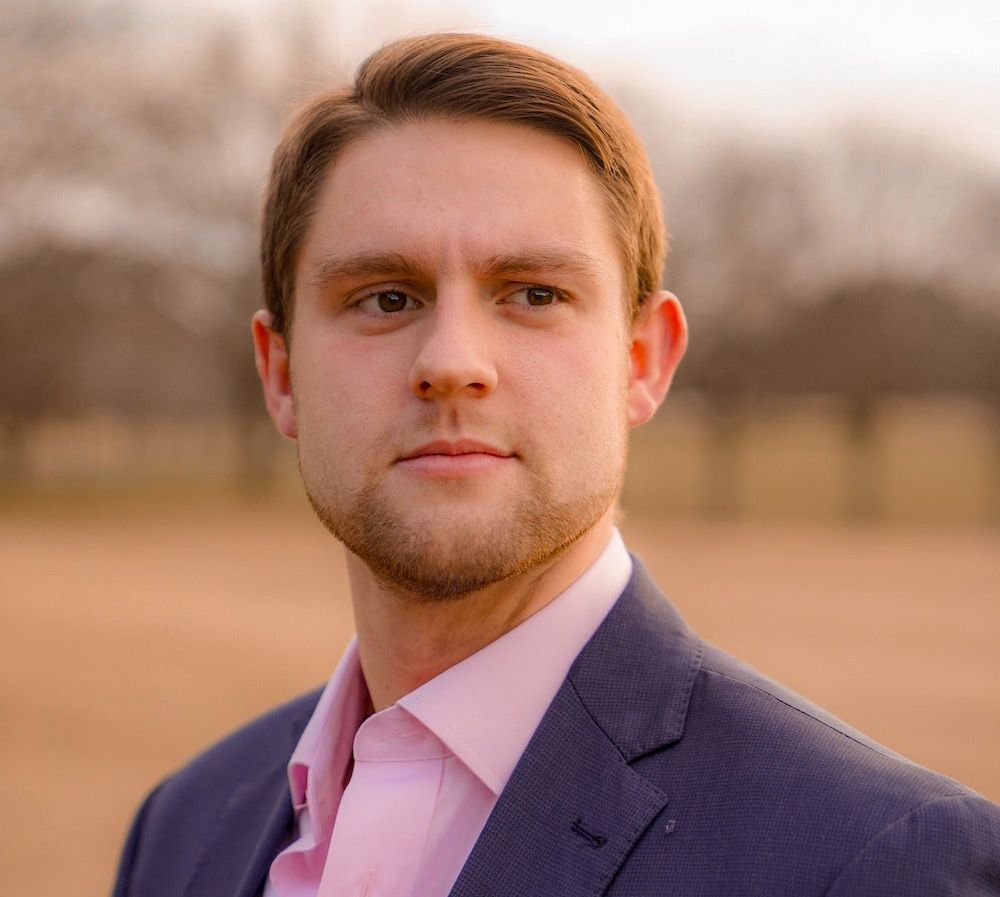
My wife and I recently had our second child and her delivery was even more difficult than the first. In both deliveries, the babies were experiencing fetal distress and I began to worry. But with each of these deliveries, highly talented and respected doctors came in and delivered the baby safely.
These guys were awesome!
As I reflect back on both deliveries, I noticed something. When my wife and babies were in danger, my heart was beating out of my chest. But in each situation, as soon as those doctors walked into the room I had a sense that things were under control.
How much more would your influence and impact grow if you became an indispensable resource to your church and community like that?
While largely undeserved, there is still a stigma that youth pastors are barely more than teenagers themselves, tasked with keeping the youth occupied and out of trouble. More focused on silly games and crazy stories than theology and spiritual formation.
“But in the midst of our rapidly changing world, the decline of Christianity in the west, and the most anxious and unchurched generation of teenagers in our ministries we can’t afford to let that stigma continue.”
My recent experience got me thinking about the kind of training and development that a doctor receives. Before they ever get close to a patient, doctors go through an in-depth education in biology, chemistry, anatomy & physiology, and how those functions can go awry in the human body. They then learn how to assess, gather and interpret data and make diagnosis. Only then do they work with people and begin to practice medicine; whether through powerful drugs, surgery or other physical intervention. Finally, they choose a specialization and spend anywhere from 3 to 7 years mastering it.
Now you might be thinking to yourself, why am I reading about how to become a doctor on a youth ministry website? While a youth worker does not need the level of training a doctor does, what if they took their personal and professional development as seriously?
What if we:
- Became experts in adolescent development
- Learned various models of pedagogy (the study of teaching)
- Trained in at least the basics of case management and counseling skills
- Integrated these topics with the bible, theology, and spirituality
Now full disclosure, I started my first position on staff at a church with an associates degree in psychology. And there are hundreds of youth workers with no formal training who have dramatically impacted countless lives over the years. But how much more of a resource and how much more respected would our profession be if we trained to be the best we possibly could.
I write this not to discourage or shame. Youth workers face enormous pressure already and are often the first to be blamed when something goes wrong. Instead, my hope is to provide new ideas and encouragement to broaden your impact.
So what can you do today?
Do you have a plan for ongoing professional development? Pick 2 topics to focus on this year that you want to grow in and make a plan.
- Create a list of top books on the subject and work through them
- Look for online training or tutorials
- Find professionals in that field and correspond with them
- Audit a course at your local community college
I believe the more you grow in your knowledge and skills the more opportunities and doors will open to impact lives and introduce the gospel. That whatever the situation, whether in the community or with a family, as soon as you walk through the door that people will know that things will be ok.
Cameron Pedicord
Cameron Pedicord is an experienced youth worker and avid lover of all things food and cooking. He is a leadership coach and consultant to church and nonprofit leaders and regularly blogs at VMI Leadership Solutions. He works to help churches and nonprofits clarify vision and generate momentum to multiply impact. Cameron, his wife Corrina, and soon to be two children live in Northern California.




Rick Harris
July 1, 2020 at 4:03 pmGreat encouragement. One other option is formal training either on-campus or online. I started in my first church after college with a degree in Youth Ministry. I now have my Doctorate of Ministry degree with a focus on pastoral leadership and I am still in youth ministry over 30 years later. I do think Youth Ministers should be as professional as they possibly can be while all the while knowing that God can use rocks if he chooses. One of our classic scriptures in youth ministry is 1 Timothy 4:12 and the first word there is Study, whether by personal study, seminars or formal education, study. God and our teens deserve our best.